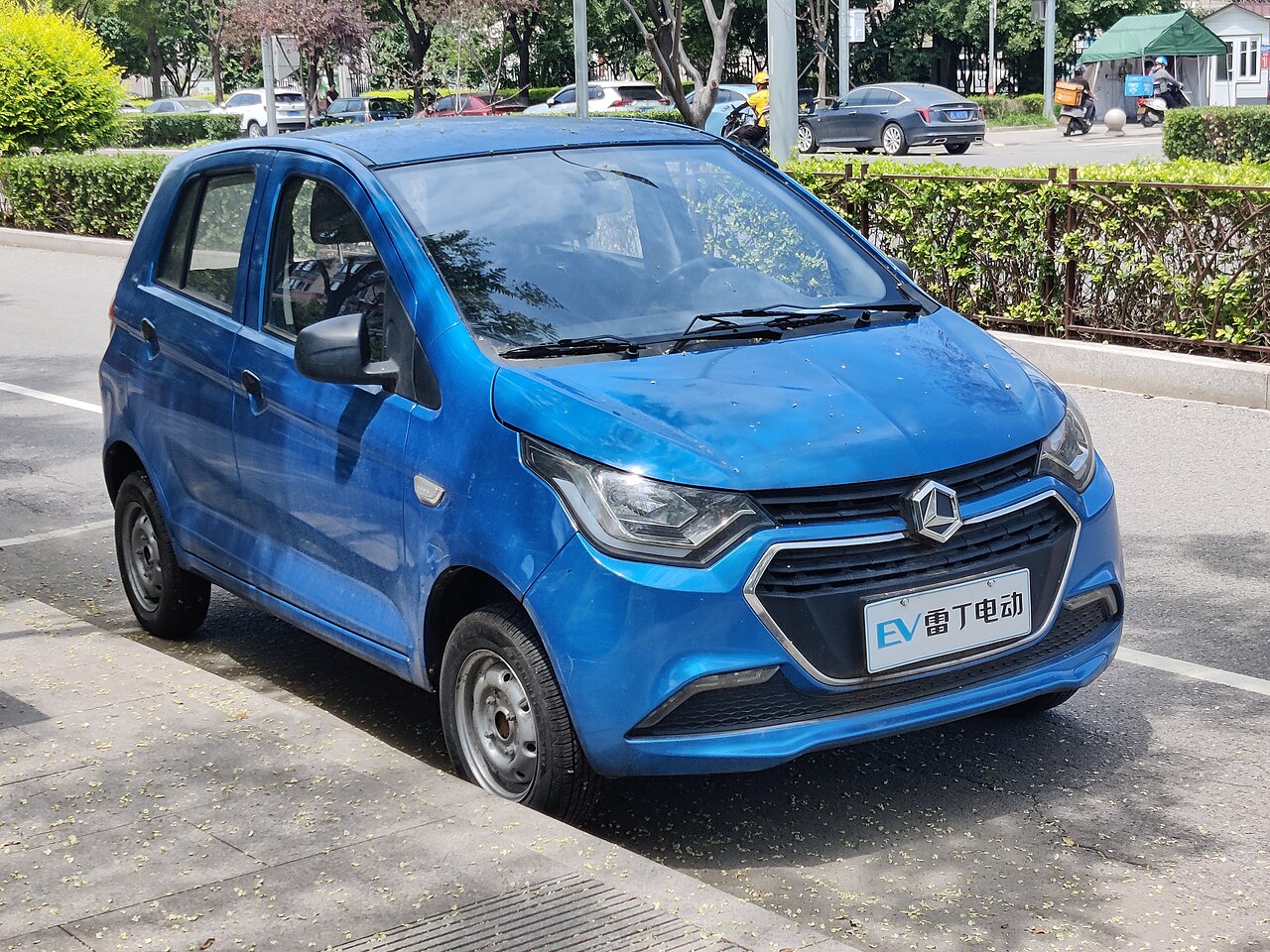Company Background Levdeo (Chinese: 雷丁), also known as LETIN, was a Chinese motor vehicle manufacturer headquartered in Shandong, China. The company specialized in producing electric vehicles (EVs), marketing its models under the Letin brand until 2023.
History
Founding and Early Years
- 2002: Li Guoxin established Weifang Bidwen Electric Vehicle Manufacturing Co., Ltd., initially entering the electric bicycle manufacturing sector.
- 2008: He founded Levdeo, focusing on low-speed electric vehicles (Neighborhood Electric Vehicles – NEVs).
- 2010: He registered Bidwen Holding Group Co., Ltd., the controlling shareholder of Levdeo.
Expansion and Acquisitions
- April 2018: Levdeo acquired Shaanxi Qinxing Auto, obtaining a new energy commercial vehicle production license and establishing a factory in Xianyang.
- January 2019: Levdeo acquired Yema Auto, aiming to enter the full-size electric vehicle market by rebranding and upgrading Yema’s gasoline platforms under the Letin brand.
Product Launches
- 2019: Levdeo launched the i3 and i5 under the Letin brand.
- 2020: Introduced the Letin i9, a rebadged Yema EC60.
Financial Challenges & Bankruptcy
- 2022: Levdeo faced delays in production due to the COVID-19 pandemic and extreme temperatures in China. The company completed Series A financing of ¥3.2 billion, led by Weifang Weicheng Western Investment Development Group.
- September 28, 2020: Founder Li Guoxin was investigated due to alleged political connections, later immigrating to Canada and resigning from all positions in December 2020.
- 2021–2022: Financial instability led to payment delays to dealers.
- January 14, 2023: Li Guoxin accused local government officials of forcing false financial reports and withholding funding.
- May 2023: Levdeo filed for bankruptcy in Changle County, Weifang City Court.
- April 30, 2024: Levdeo completed its bankruptcy reorganization.
Vehicle Lineup
Current Models (Production Until 2023)
| Model | Type | Doors | Seats | Battery | Production |
|---|---|---|---|---|---|
| Letin Mengo (Pro) | City Car | 5 | 4 | 17 kWh | 2020–2023 |
| Levdeo i3 | City Car | 5 | 4 | 17 kWh | 2019–2023 |
| Levdeo i5 | Sedan | 5 | 4 | 25.55 kWh | 2019–2023 |
| Levdeo i9 | SUV | 5 | 5 | 51.06 kWh | 2020–2023 |
| Levdeo D30 | Hatchback | 5 | 4 | – | 2014–2023 |
| Levdeo D50 | Hatchback | 5 | 5 | – | 2014–2023 |
| Levdeo D60/E60 | Sedan | 5 | 5 | 220V | 2015–2023 |
| Levdeo D70 | Hatchback | 5 | 5 | – | 2015–2023 |
| Levdeo S50 | SUV | 5 | 5 | – | – |
| Levdeo G10 | Bus | – | 24 | – | 2018–2023 |
| Levdeo V60 | Hatchback | 3 | 4 | – | – |
Conclusion
Levdeo played a significant role in the low-speed and full-size electric vehicle market in China. Despite expanding through acquisitions, financial instability, government relations, and economic challenges led to its eventual bankruptcy and restructuring in 2024.











